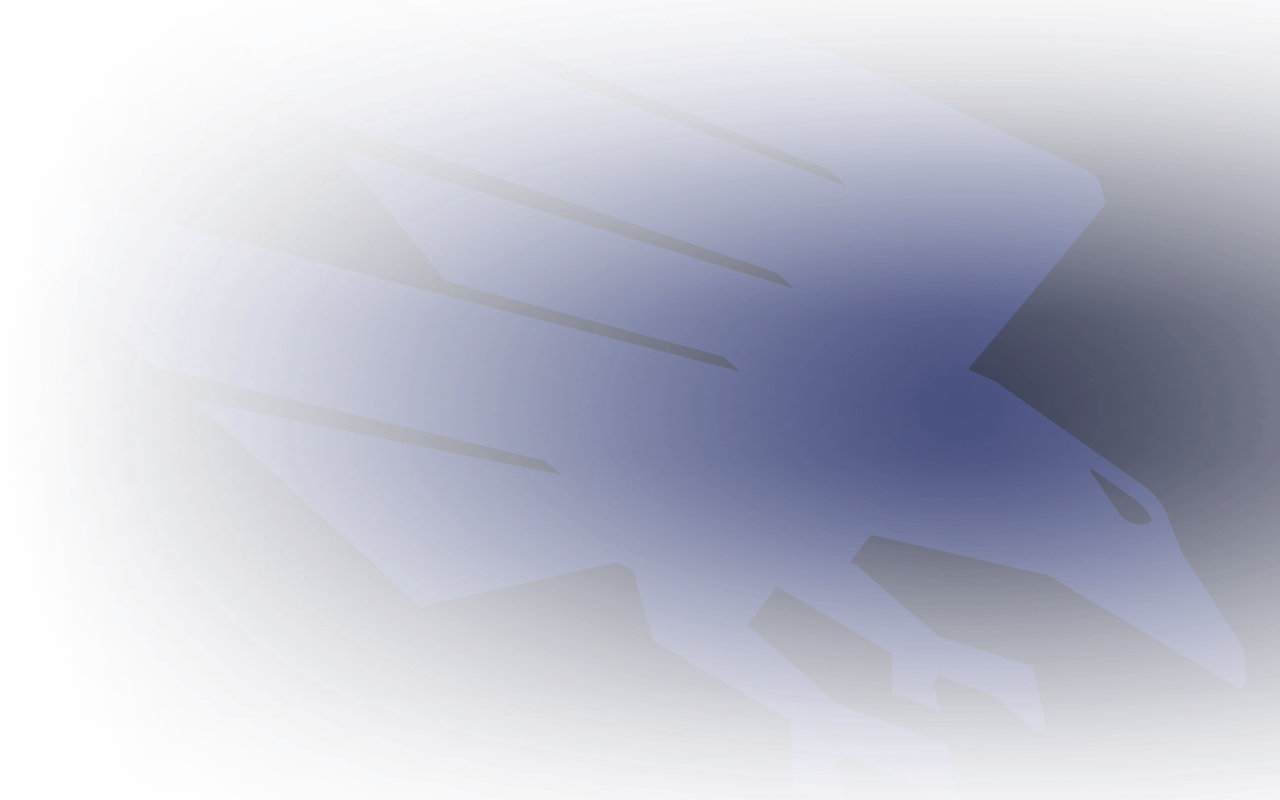Dave Low was only 25 when he won the Magarey Medal as South Australia’s fairest and most brilliant footballer in 1912.
Four years later he was a casualty of the Great War, critically wounded on the battlefields of France.
After moving to Adelaide from Broken Hill and joining West Torrens in 1910, Low quickly became regarded as one of South’s Australia’s best defenders.
He was runner-up to Sturt’s Vic Cumberland for the 1911 Magarey Medal and starred for SA in its carnival win against Victoria. When Low was awarded the Magarey Medal the following season, The Advertiser was glowing in its praise, noting he was “always cool, always fair and never loses heart”.
After playing four games for Torrens in 1915, for a total of 68, Low enlisted to fight in World War I. A machinist at the Islington workshops, he married one month before leaving for North Africa. He suffered a gunshot wound in France the following year and died in a London hospital on August 4, 1916.
A report about his death in Broken Hill’s Barrier Miner newspaper stated: “His death will be lamented by the football public, not only in this State but all over the Commonwealth as he was a brilliant exponent of the past time, and one of the finest back men Australia ever had.”
Low was one of many South Australian footballers who served their country and among the 103,000 Australian who have died in conflicts. Some are among the 103,000 Australians who lost their lives through war or thousands more who were wounded.
Phil Robin played 71 league games with Norwood and was a state wingman in the 1911 Australian Rules Football carnival. He was a the first South Australian league footballer to be killed in World War I, three days after landing at Gallipoli (Turkey) on April 25, 1915. Norwood team-mate Brunel Nash also died at Gallipoli.
South Australia’s first triple Magarey Medallist, Tommy MacKenzie, was badly wounded by shellfire in France in 1916. Rescued by a stretcher-bearer who incredibly was a West Torrens supporter, MacKenzie returned to Australia but suffered great pain from his war injuries and died in 1927, aged 45.
Australian Football Hall of Famer Bob Quinn won a Magarey Medal at Port Adelaide in 1938, then won a Military Medal and was wounded at Tobruk during World War Two, but returned to the football field and won his second Medal in 1945.
Others did not return.
West Torrens 1938 club champion Don Waite - the brother of Test cricketer and league footballer Merv - was killed at Tobruk in August 1941.
George Brock, who played for Port Adelaide and then appeared in four games with North Melbourne, was killed in 1941 when his plane was involved in a mid-air collision near Melbourne.
A training accident also killed Norwood’s Gordon Sawley, who represented SA in 1939. He played some games for South Melbourne before being posted overseas. He died during a flight over Scotland in 1942, aged 29.
Bill Hudson, from West Adelaide, also spent time with a VFL club (St Kilda) while posted in Melbourne with the military, was killed in an accident in New Guinea in 1945.
Jack Wade, who was recruited from Berri and played in a premiership with Port Adelaide in 1928, represented SA and later played at South Melbourne, was killed in action in Syria in 1941.
Today, Anzac Day, we remember these men – and all the men and women who served their country in all wars.
Lest we forget.


